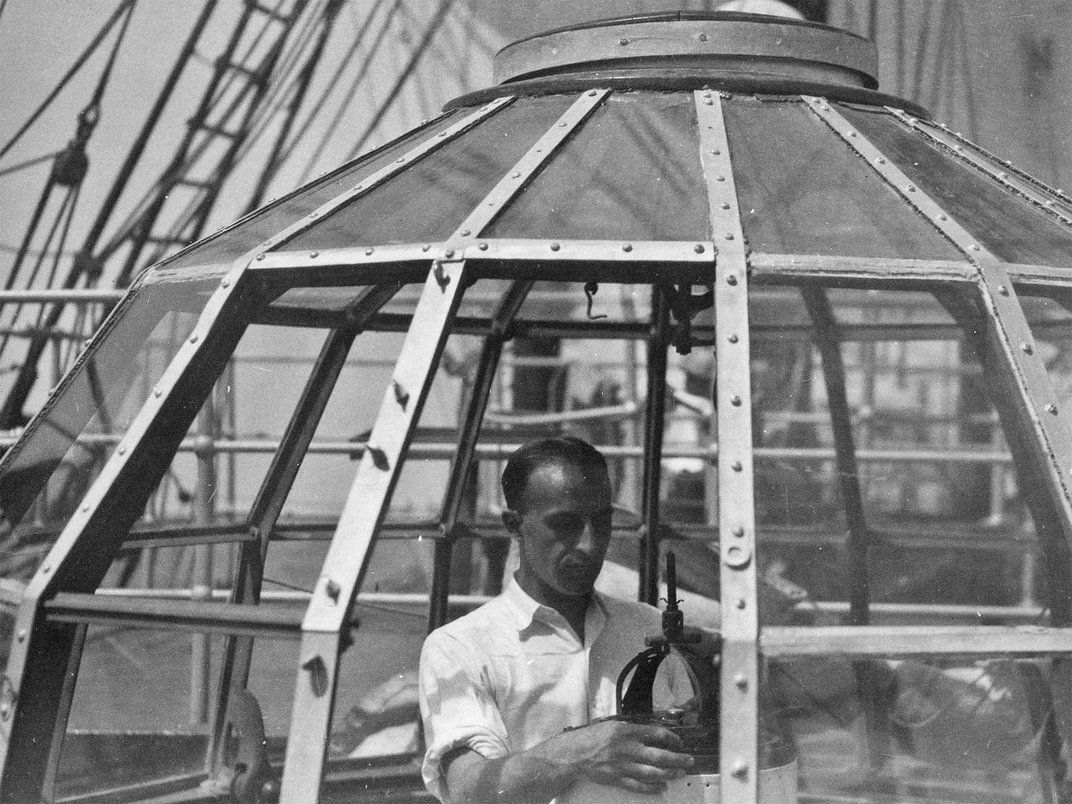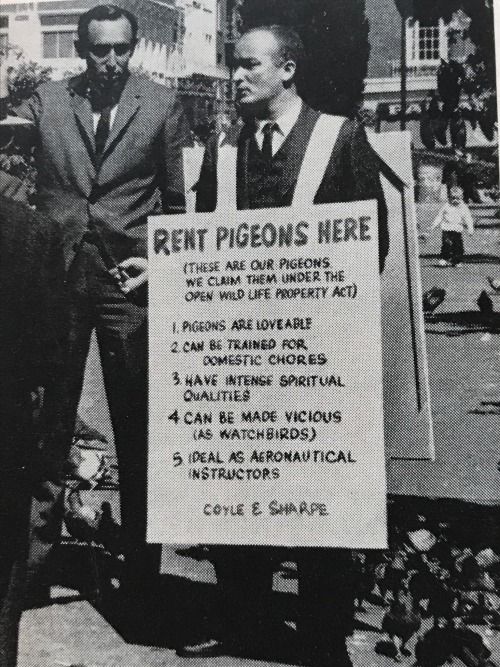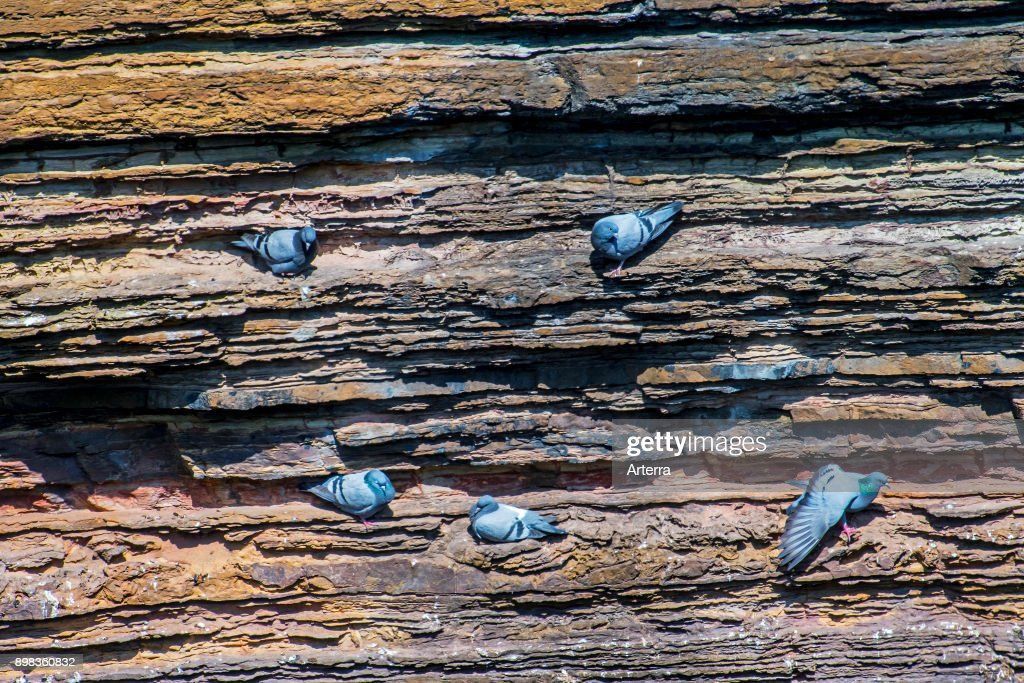The Whippet #142: Experiments performed on a cosmical scale
On this page

Eyyyyy new website! New platform! It's done! --> thewhippet.org
A favour! If you can click on any link in this email (or reply to it), that will help convince gmail I'm not a spammer, even though I'm mailing from a new address.
As always new subscribers, scroll to the newspaper icon if this opening bit is boring.(Look I can do highlights now)
Need to know
- All your account details are now at thewhippet.org now, not substack. If you want to change/cancel payments, log in and then click on Account.
If there's any issues, let me know, I'll always issue a refund if a payment went through that you didn't mean to. - The RSS link is in the footer (or here).
Pleasant to know
New and useful additions:
- A really good search function. Type in any word and it will scan the entire text of all previous Whippets.
- I've separated out all of the Unsolicited Advices into standalone articles, for easier browsing/linking. Hope you like stock photos! No way I was gonna find 140 original and apropos feature images.
- Tables of content! If you want to link someone to a specific section of an issue, go to the web version (by clicking VIEW ONLINE at the top of the email) and there'll be a ToC to make it easy:


The ship that mapped the earth's magnetic field
(Because you've all already seen the incredible news about the Endurance, yes? You don't need me for that.)

Sailors understood that compass readings become less accurate as you approach the poles, and scientists in 1600 knew there were magnetic poles that didn't align with the geographic north pole, but they didn't have a clear map of these distortions.
A scientist called James Percy Ault had already travelled all around the world taking magnetic readings, including a total 1600-mile canoe journey in Canada, but the oceanic readings weren't accurate enough.
“Since we can not bring the earth into the laboratory and study its problems, we must go out [...] and observe and record the results of experiments which nature is performing on a cosmical scale.”
– Captain Ault
The Carnegie was built to be non-magnetic, so it wouldn't interfere with compass readings. They avoided using steel/iron as much as possible (it was built around the same time as the Titanic, so very much in the era of steel ships). The anchors were made of bronze and attached to hemp cables a foot in diameter.
It had two glass observation domes on deck so that readings could be taken no matter how bad the weather.

After six extremely long sea journeys (including circumnavigating Antarctica the same year that Shackleton tried to cross it), they had corrected all the maritime navigational maps, an amazing accomplishment.
Several years later, they decided to recommission the Carnegie, repair it, and load it up with a bunch of new cutting-edge oceanographic instruments. It was on this final journey, while refuelling in Samoa, that the ship exploded, killing Captain Ault and a cabin boy, and burning the ship down to the waterline. The ship had 19 months' of data, but most of it had already been copied and sent on, so wasn't lost in the explosion.
Shackleton and Scott were both (to cut a very long story short) kind of hot messes, and the scientific value of their exploration is debatable, but Ault seems to have been hugely respected by everyone who knew him, and his death was seen as a real loss to science.
Here's an obituary published in the Journal of Terrestrial Magnetism and Atmospheric Electricity in 1929.
This is an extremely abridged version of the story – there's a longer version on the Smithsonian website and probably an even longer documentary out there somewhere.
Rent pigeons here

Coyle & Sharpe were early street prank comedians – they'd go out with a tape recorder hidden in a briefcase, make comedy albums and sell segments to radio stations.
"We try to pose an almost plausible question," says 27-year-old Sharpe, "then proceed step by step into absurdity until the interviewee is seething."
They once convinced a San Francisco businessman to give physical-fitness demonstrations on a pedestal in Union Square. The executive balked only after Coyle and Sharpe proposed that he be attacked by a flock of trained birds "to prove that people can exercise when under pressure."
coyleandsharpe.com
Here's their meet-cute, as related by Mal Sharpe's daughter:
It was the late 1950s when my father first spotted Jim Coyle pestering other dinner guests at a San Francisco boarding house. When Jim turned to my father and asked him what he did for a living, my father told him that he specialized in animal-to-human brain transplantations and that he was waiting to receive a flamingo brain. In turn, Jim confessed that although he looked like he was in his late twenties, he was, in fact, 83 years old and living off of a Spanish–American War Pension.
They did all the street prank stuff for years before it occurred to them to buy a tape recorder and monetise it.
The Pigeons Are Alright
My partner was sad about the state of city pigeons, because we originally domesticated them for work and food, and then when they weren't needed, we pushed them out and started complaining about them.
kicking the horse out of its stable cos we use it to park the car there now and then going "oh ew horses"
But it turns out it's okay!
Science-friend Tom Lang says:
they were domesticated and that's how they got to lots of places but it's not why they thrive. If you kick a horse out of its stable you wouldn't end up with massive horse populations
cool thing about pigeons, their natural environment is rocky cliffs and canyons. They actually dislike lots of vegetation. So they're incredibly suited to an urban environment because cities basically are an artificial rocky canyon. Most other birds like trees and nature and stuff, so don't tolerate a concrete jungle.

I love this for pigeons.
Watch fire ants pave over a sticky surface!
Sorry, I mean "watch red imported fire ants (Hymenoptera: Formicidae) cover inaccessible surfaces with particles to facilitate food search and transportation", bloody academics. Link to the paper.
Another remarkable example of tool use in ants: fire ants “paving” sticky surfaces. I’ve seen signs of this behavior, but I didn’t expect it to be so robust until my friend told me about it (Wang et al., 2021 Insect Science). pic.twitter.com/BaHBmlgtXM
— Horace Zeng (@horacezhl) March 14, 2022
They also paved over oily surfaces to get to food.
People once downloaded games from the radio

In 1977, three different personal computers were released that used cassette tapes for storage. They were exactly the same as audio cassettes, because why not? They're cheap and already in mass production.
If you put a computer program cassette in a tape player, it sounded like a dial-up modem. (I have no more contemporary analogy sorry). If you played that sound over the radio, listeners at home could tape it, and then play the program on their own pc.
Zoran Modli of Radio Belgrade:
“Lay people were confused and wondered, ‘What is this lunatic doing?’ But those who listened and understood excitedly contacted us by telephone to say they had successfully loaded the program onto their computers!” recalls Zoran. (Amusing Planet)
This is before my time but I feel nostalgic for it anyway. I miss when magazines came with demos of videogames (and videogames were hard enough to get for a kid on fixed pocket money that you were happy to play anything). The same level of Jumping Flash! twenty times in a row.
("Pocket money" is Australian/British for the money your parents give you when you're a kid – allowance in America. I would love to know the terms for it in other languages if you happen to know)

Unsolicited Advice: Task prioritisation is fake
I've read this idea in a few places now (Oliver Burkeman, Mark Forster) and it's one of the most powerful productivity ideas that have hit me in a long time.
Essentially this: if a task has to be done, it doesn't matter if it's low or high priority, you still have to do it. Email is low-priority, but most white-collar workers can't just never look at their emails and keep their job. You can do it first thing or last thing, at a high-energy moment or a low-energy moment, but in the end you still have to do it, and that will still take up time.
If a task doesn't have to be done, then it shouldn't be prioritised at all, it should be struck off your to-do list.
"Prioritisation" is mostly just a way of lying to yourself about how much you can get done in a day. You say "I have 6 things to do, and I'll prioritise these 4" because you don't want to admit that 6 things is too much for a human to do in the space of an 8-hour work day. It feels bad or unacceptable to say you just aren't going to do something, and it's an unpleasant choice to make, but it's always better to accept reality and speak truthfully to yourself.
(Brief rant: I said speak truthfully to yourSELF, because some bosses/clients do not live in reality, and they make you lie to them, which I hate. You say, "There isn't time to do X, Y and Z – which two are most important?" and they will say "they all have to get done, just do them as quickly as you can" even though you have told them (paraphrasing) that this is delusional. A manager's job is to make decisions about which tasks get cut, so it's poor leadership to push that decision onto the worker.)
Do or do not. There is no "prioritise".

Browser extensions: Gmail row-highlighter
I use a tonne of little tools and browser extensions, and I'm going to start sharing some of them under this leaf icon.
Gmail Row Highlighter is super-simple: it highlights rows as you mouse over them, making it more instantly legible to your eye and also prettier.
You can choose a different colour for read and unread emails.

Row-highlighter for Chrome | Row-highlighter for Firefox
Also, do you see how the newsletters have little icons for Pocket, The Browser's giraffe head, etc? That's an extension called Sender Icons for Gmail. (A real YMMV – I find it helpful but you might just find it messy/distracting.)
Make sure to hide extensions like this from your toolbar (passive extensions where you never need to click on them).

Thanks for reading! My last note is about the Comments section.
I had to think about whether to keep the comments section, because it doesn't come built-in with Ghost. So I would need to pay for it. (Disqus is a free comments add-on, but it steals commenters' data and has ads and is very ugly.)
It actually wasn't a very drawn-out thought process at all: it's definitely worth keeping. It's a relatively small comments section, but that's fine? It's always really interesting and worth reading (and polite), and several have told me they always click through to read the comments, even though they never post anything themself.
So just wanted to say, thanks for being great commenters! (sorry if you now feel extra pressure to be interesting)
Comments
Sign in or become a Whippet subscriber (free or paid) to add your thoughts.
Just enter your email below to get a log in link.
A newsletter for the terminally curious
Arrives in your inbox every second Thursday.
